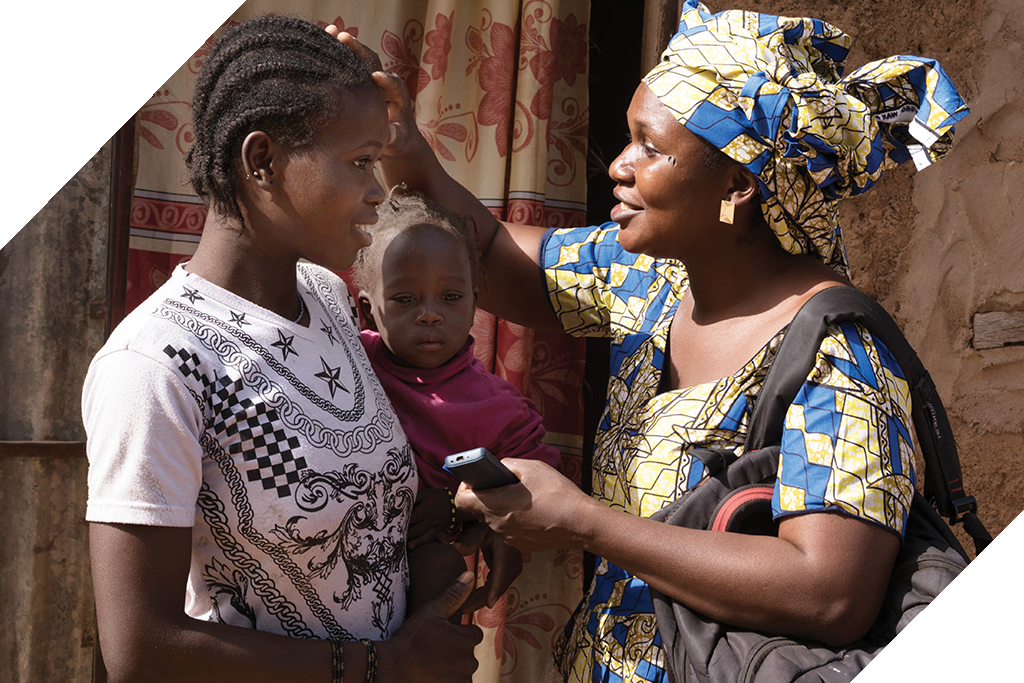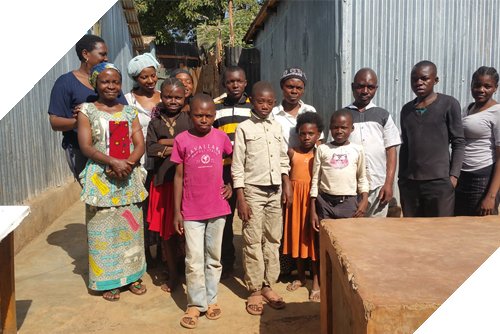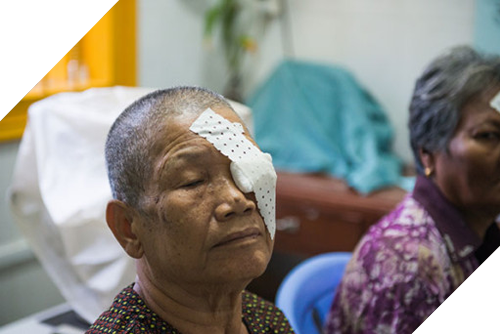VillageReach works inside public health systems to increase access to care in rural, Sub-Saharan Africa. Focusing on the most remote and underserved communities, VillageReach introduces new approaches and technologies that improve health worker capacity and productivity, data collection, and availability of vaccines, medicines, and supplies.
Budget
$18,100,000
Headquarters
2900 Eastlake Ave E #230
Seattle, WA 98102
Principal Countries Served
Democratic Republic
of Congo, Malawi,
Mozambique
Choose your preferred method of giving:
In order to provide you with the best donor experience, please note your preferences around your generous pledge in the following form. You will receive an email with the necessary information for donating by check, wire, or DAF upon completion.
Problem
The World Health Organization (WHO) estimates that at least half the world’s population lack access to basic, essential health services. Barriers to health care are especially prevalent in remote communities, where distance often prevents people from getting the care they need.
International vaccine coverage rates are ~80% and 1.5 million children still die from vaccine preventable diseases. Although vaccines and other medical commodities are widely available, in many low- and middle-income countries (LMICs), delivering them and reaching the final 20% remains a significant and complex challenge.
LMICs have a critical shortage of pharmacy personnel, especially in government health centers. This leads to unqualified staff managing medicines, supply chain, and dispensing, which impacts patient care and medicine availability.
Public health supply chains need accurate, timely logistics data from health facilities to make decisions about procurement and supply. Too often this information is inaccurate or simply not available. As a result, health systems in many countries continue to experience stock-outs of essential medicines.
Programs Offered
Working in close collaboration with governments, NGOs, donors, and private sector partners, VillageReach develops sustainable, scalable innovations that align with country priorities. This systems approach involves planning for government ownership from the start. In order to increase a solution’s reach and ensure long-term social impact, VillageReach’s uses a proprietary framework to adapt innovations to known risks, strengthen gaps in government capacity, and assess readiness for successful transition. Now operating in 14 countries, VillageReach’s key programs include:
SUPPLY CHAIN IMPROVEMENT:
Through the design, development, and implementation of streamlined supply chains in Mozambique and other low- and middle-income countries (LMICs), VillageReach works with ministries of health to help governments reduce logistics costs and stocks outs while increasing the availability of life-saving immunizations and other health commodities. Key components of the systems-wide approach are 1) re-assigning tasks and optimizing delivery routes to simplify and streamline the distribution process, 2) an information management system providing real-time data, and 3) a new cadre of specialized workers focused on supply chain logistics, allowing frontline health workers to focus on patient care.
OpenLMIS:
VillageReach is a leading developer and implementing partner of OpenLMIS, the global initiative to develop shared, open source solutions for managing medical commodity distribution in LMICs. Access to accurate, centralized data helps ensure medicines and supplies reach the last mile and reduces waste. The software is highly adaptable to specific programs and geographies, yet is entirely automated, requires only a basic internet connection, and is interoperable with other medical information systems.
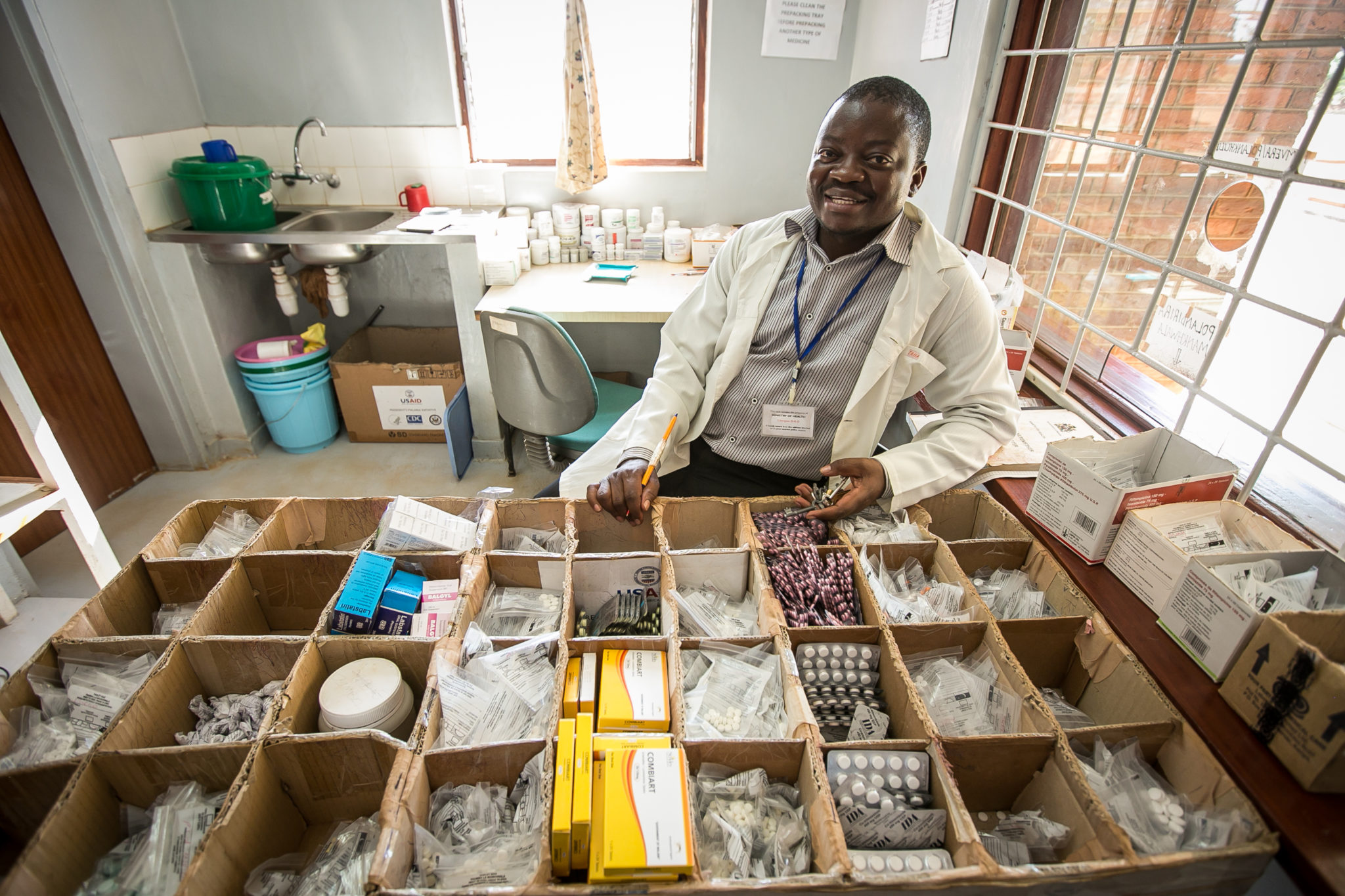
PHARMACY ASSISTANT TRAINING PROGRAM:
VillageReach launched an initiative at the Malawi College of Health Sciences to address the shortage of qualified health personnel within the country. The two-year program trains pharmacy assistants to improve supply chain management, which in turn relieves clinical staff from logistics tasks and improves quality of care. Participants learn to dispense life-saving medications, provide patients with essential advice, and manage inventory to reduce stock-outs. In between classroom-based learning, students complete two five-month practicums, during which they support more than 50 district hospitals and health centers. Graduates work in 25 of Malawi’s 28 districts.
HEALTH CENTER BY PHONE (CCPF):
In a country like Malawi–with one of the highest rates of maternal, child, and infant mortality in the world–knowing where and when to seek care is critical. VillageReach launched toll-free health hotline to create a link between health centers and remote communities. Chipatala cha pa Foni (CCPF) is staffed by trained health workers who provide information and referrals by phone in accordance with Ministry of Health guidelines.
Originally developed as a maternal and child health innovation, CCPF now covers all general health topics including nutrition and sexual and reproductive health. Women, mothers, and caregivers can sign up to receive voice reminders specific to their month of pregnancy or their child’s age. VillageReach also developed CCPF for Adolescents, an extension of the platform managed by specially-trained hotline counselors who provide referrals to youth-friendly clinics and information on topics like, HIV, puberty, and menstruation in a non-judgmental way.
VillageReach is currently focused on replicating the program in other countries and adding hotline services powered by artificial intelligence (AI) and machine learning. Leveraging WhatsApp, a new mobile chat technology can send medical information and reminders, track vaccine availability, support outbreak mapping and data visualization, and provide automated responses to health questions at large scale.
Historical Results
VillageReach programs are improving the lives of over 35 million people in 14 African countries. The following bullet points are highlights of the impact achieved.
SUPPLY CHAIN IMPROVEMENT:
Over a two-year pilot period, the supply chains VillageReach created in Mozambique:
- Increased vaccination coverage from 65% to 98%
- Decreased cost per dose delivered from $1.50 to $1.18
- Lowered stock-outs in rural health centers from 80% to 1%
OpenLMIS:
The open source logistics system for which VillageReach was a lead developer has been adopted in seven countries and currently:
-
Manages data for over 10,000 health facilities
- Improves data availability from one month to one day
PHARMACY ASSISTANT TRAINING PROGRAM:
- Clinical staff time spent on logistics reduced by 80%
-
200+ graduates working in health facilities
HEALTH CENTER BY PHONE (CCPF):
The CCPF has been adopted by the Malawi Ministry of Health for national scale up and currently reaches more than 18 million people. Results from a 2018 impact evaluation of CCPF users in nine districts revealed:
- 79% of CCPF users had planned pregnancy compared to 56% of non-users
- 71% sought treatment of danger signs compared to 58%
- 87% of callers referred by CCPF to a health facility reported going
Path to Credibility
- Focusing Philanthropy partner since 2020
- Recipient of Gates Vaccine Innovation Award
- Recipient of Skoll Award for Social Entrepreneurship: Healthcare Access and Treatment
- Winner of the 2018 Pioneers of Global Health: Outstanding Collaboration award from Washington Global Health Alliance
- Member of the Community Health Impact Coalition (CHIC), a coalition of 16 healthcare nonprofits from 30+ countries formed to promote quality Community Health Worker (CHW) programs and to make professionalized CHWs a standard form of care worldwide.
- In February 2020, two Focusing Philanthropy team members conducted a due diligence visit with VillageReach in Lilongwe, Malawi. They met with the Country Director and Program Director, visited the health center by phone (CCPF), and were able to see the striking difference in organization and record keeping between medicine storage rooms at health clinics with a pharmacy assistant (graduate of VillageReach’s Pharmacy Assistant Training Program) compared to those without one.
More Program Partners
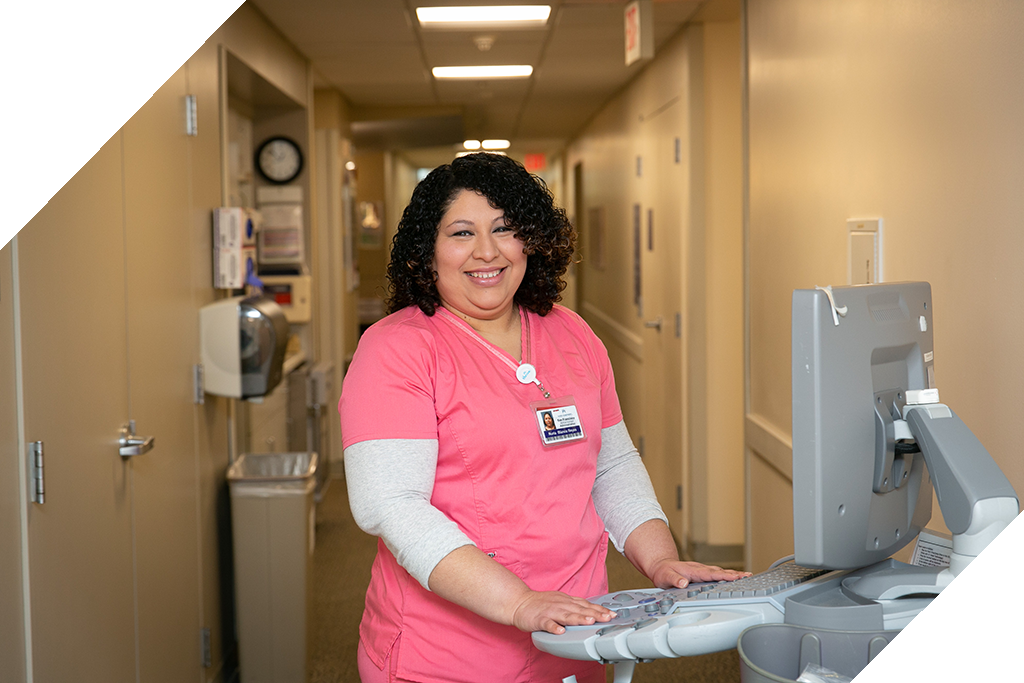
Expanding access to careers in healthcare for people facing barriers to employment with JVS.
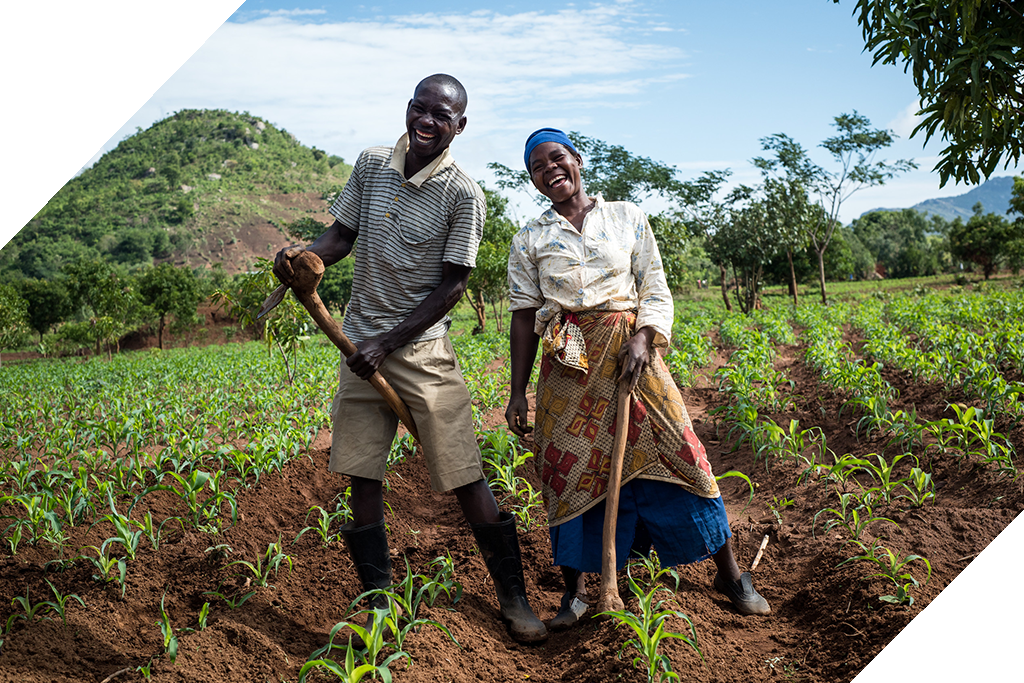
Helping hard-working subsistence farm families gain food security and economic opportunity with One Acre Fund.

Providing young people with equitable opportunities to achieve their postsecondary aspirations with OneGoal

Opening doors to careers in technology for Americans from underserved communities with Per Scholas.
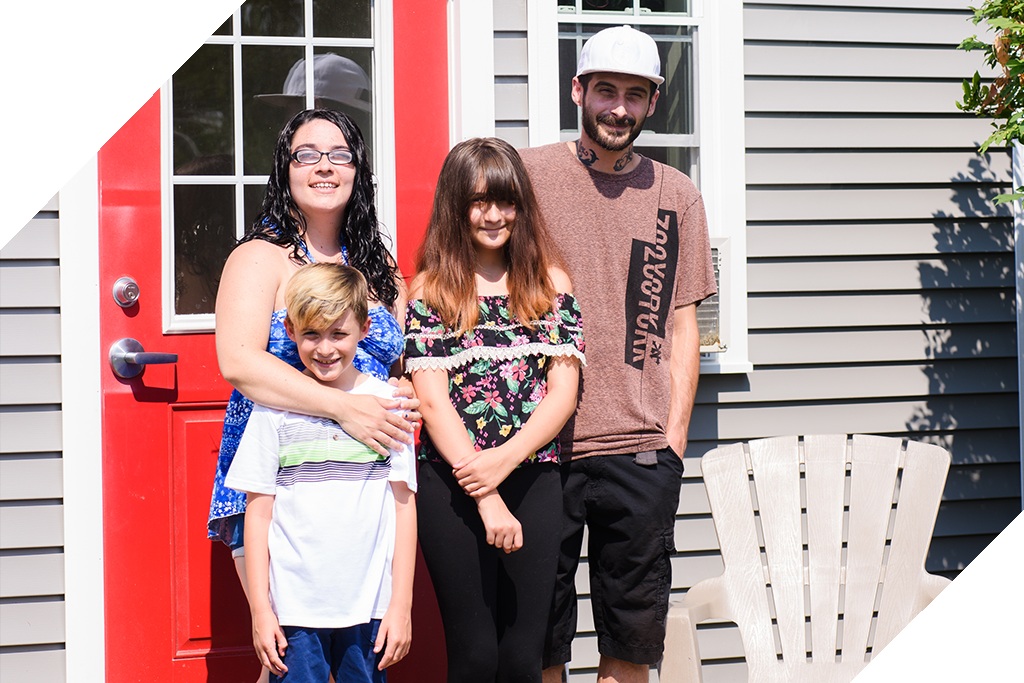
Expanding access to credit to people and places across the country where traditional finance does not reach with OFN.
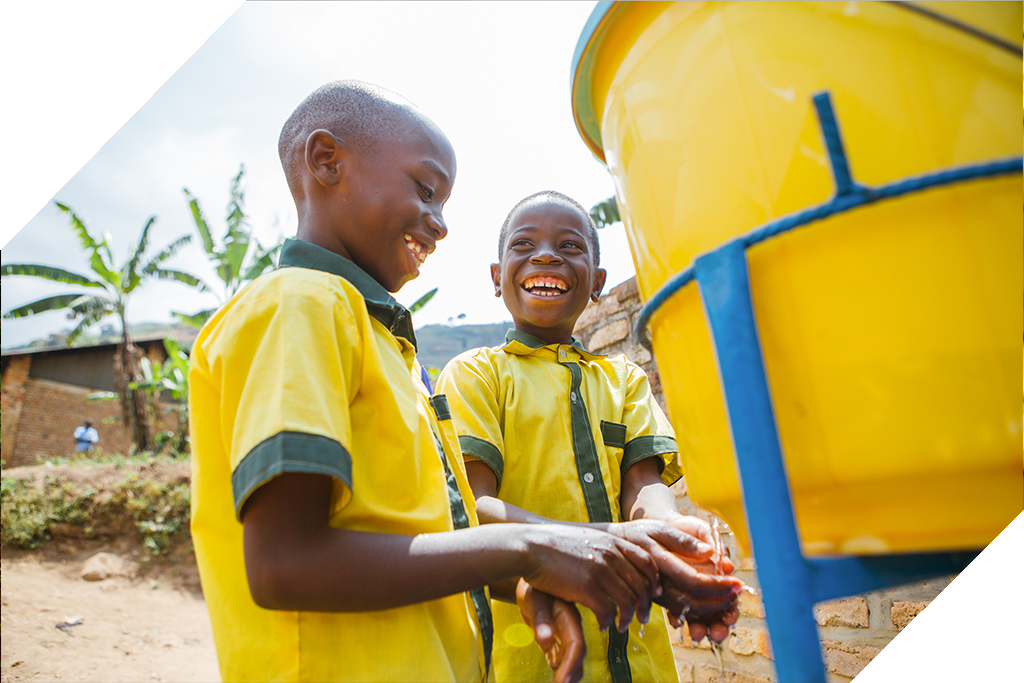
Promoting safe and reliable water, sanitation, and hygiene services for every family, clinic, and school with Water For People.



